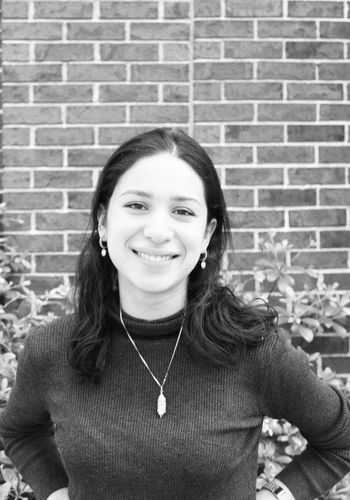American University to offer course on 'neuroqueerness'
The course will examine how the patriarchy, colonialism, and the patriarchy supposedly influence mental health.
The course is listed under the American Studies Program.
This spring, American University students can learn about “the lived experience of madness” and what it means to be “neuroqueer.”
According to the course description for “Mental Health, Madness, and Neuroqueerness,” the class will, “critically examine how ideas about mental health and wellness are situated in systems of colonialism, white supremacy, capitalism, and patriarchy.”
The course will also explore, “the life stories and knowledge of those who have been labeled or claimed the label of mad, neuroqueer, and/or mentally ill,” and “the longer histories of mental health discourses and encounters the lived experience of madness and neurodivergence.”
The course falls under the University’s American Studies program and is set to be taught by Professorial Lecturer Tanja Aho, who teaches about “disability and madness, settler colonialism and racial capitalism, and gender and sexuality.” Aho belongs to the university’s Department of Critical Race, Gender, and Culture Studies.
According to Nick Walker, who claims to have coined the term, “Neuroqueer[ing],” is defined as, “the practice of queering (subverting, defying, disrupting, liberating oneself from) neuronormativity and heteronormativity simultaneously.”
Campus Reform has been covering the growing trend of American Universities offering similar queer-focused classes.
The University of Wisconsin offered similar classes last fall including ”Queer Bodies” and “Queering EcoFeminism. the University of Washington is offering a course titled ”Queer Desires,” which will “[explore] desire and the politics of sexuality.” Portland State University is offering a class titled “Queer Feelings.”
Walker identifies, “Various practices that fall within the definition of neuroqueering,” such as “Producing literature, art, scholarship, and/or other cultural artifacts that foreground neuroqueer experiences, perspectives, and voices,” “being both neurodivergent and queer,” and, “engaging in practices intended to undo and subvert one’s own cultural conditioning.”
[RELATED: University students will learn about ‘Queer Feelings’ & ‘activist skills’ this fall]
Campus Reform reached out to Aho for comment but did not receive a response in time for publication.
Follow @amandamayrr on Twitter

